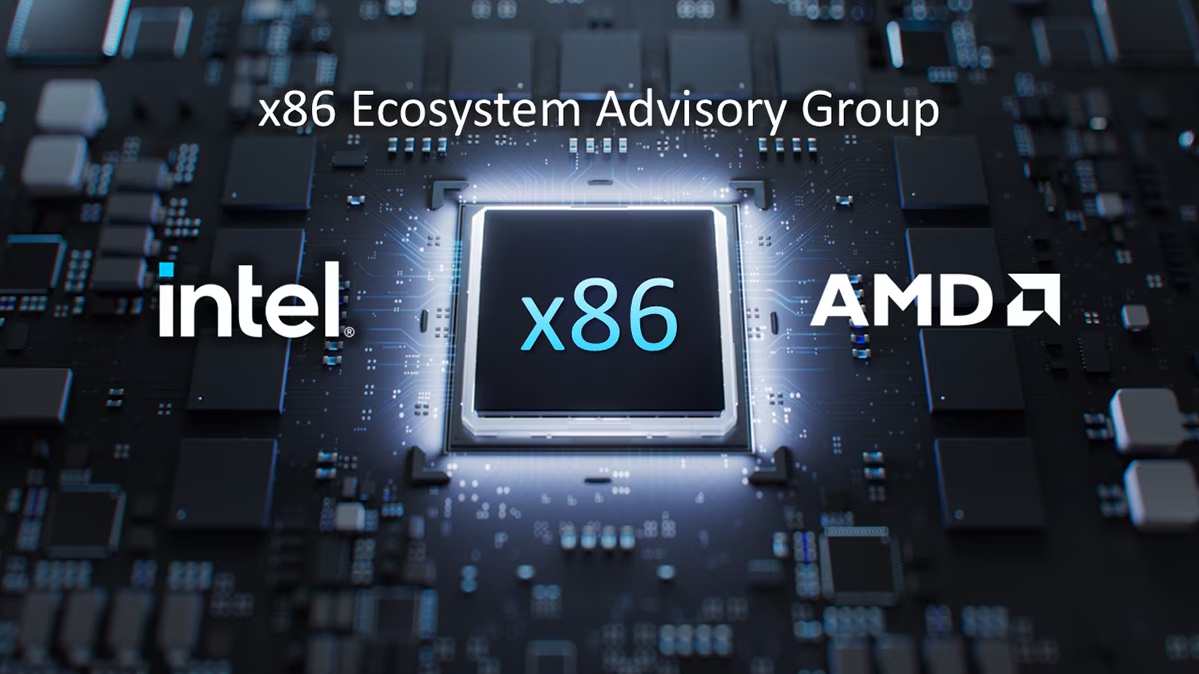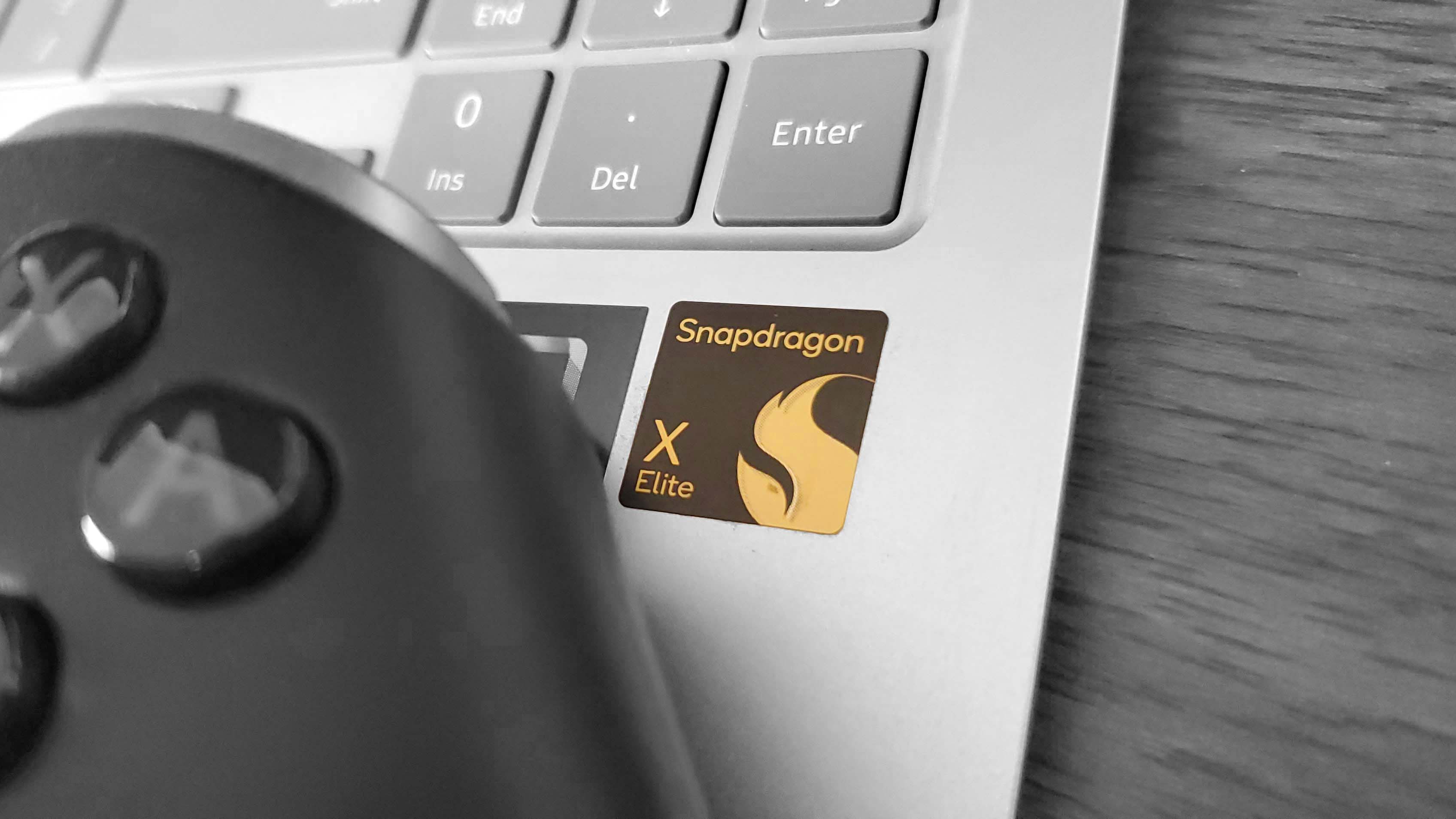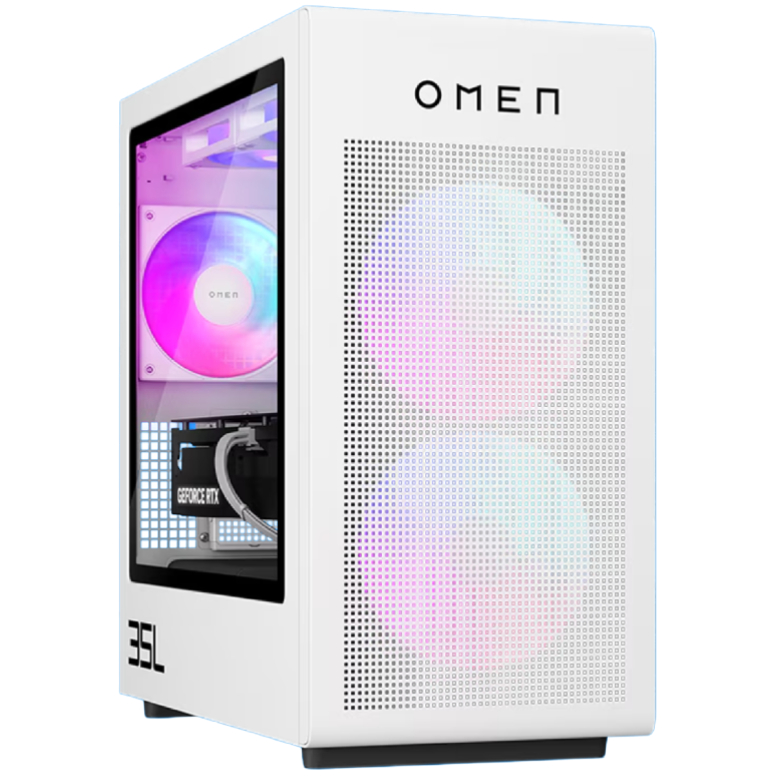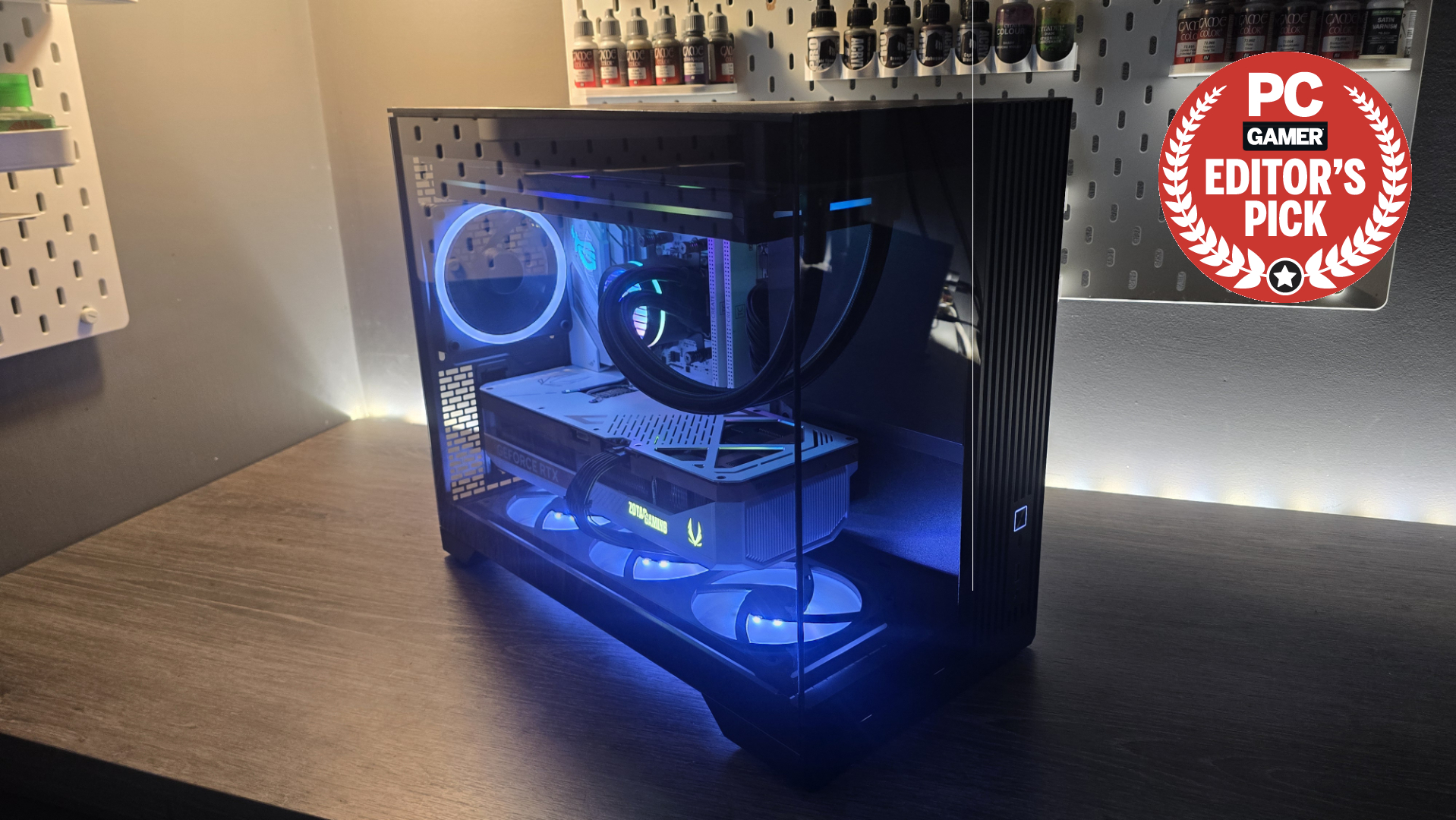
Keep up to date with the most important stories and the best deals, as picked by the PC Gamer team.
You are now subscribed
Your newsletter sign-up was successful
Want to add more newsletters?
A year ago today Intel and AMD teamed up to defend x86, establishing an advisory group called the x86 Ecosystem Advisory Group (EAG). It's job is to help simplify, improve compatibility for, and increase the capabilities of x86. Now, exactly one year on, AMD and Intel are letting us know the fruits of this perhaps peculiar collaboration.
Those fruits, outlined by AMD, read a little like elvish to my weary eyes, but the general gist seems to be that there have been four big improvements made, in the form of new standards for upcoming Intel and AMD chips. Those four areas are the development of Advanced Matrix Extension (ACE), AVX10, Flexible Return and Event Delivery (FRED), and ChkTag.
The latter two should improve CPU interrupt security and performance as well as memory safety. The last point is particularly relevant because Arm already has memory tagging for memory safety, so ChkTag will be x86 catching up in this regard.
AVX10 will be the latest iteration of x86's AVX SIMD instructions, which should improve vector performance. Then there's ACE, about which AMD says: "Accepted and implemented across the stack, ACE standardizes matrix multiplication capabilities, enabling seamless developer experiences across devices ranging from laptops to data center servers."

CPU matrix math is more for scientific and AI workloads, so ACE should help the companies lean even heavier on those things in—sigh—the AI era.
If progress continues in these areas, x86 should be able to keep up the fight against Arm—which is, seemingly, at least one of the big goals of the advisory group. Arm has hardly swept the desktop market from under Intel and AMD, but that Apple and Qualcomm are using Arm-based chips rather than x86 ones is no small deal.
That's especially true for Intel, I suppose, given how the last couple of years have gone for America's chip sweetheart. An improved x86 guarantee should give customers more of a reason to invest into Intel and/or AMD. Here's to one more year, then.
Keep up to date with the most important stories and the best deals, as picked by the PC Gamer team.

1. Best overall:
HP Omen 35L
2. Best budget:
Lenovo Legion Tower 5i
3. Best high-end:
Corsair Vengeance A7500
4. Best compact:
Velocity Micro Raptor ES40
5. Alienware:
Alienware Area-51
6. Best mini PC:
Minisforum AtomMan G7 PT

Jacob got his hands on a gaming PC for the first time when he was about 12 years old. He swiftly realised the local PC repair store had ripped him off with his build and vowed never to let another soul build his rig again. With this vow, Jacob the hardware junkie was born. Since then, Jacob's led a double-life as part-hardware geek, part-philosophy nerd, first working as a Hardware Writer for PCGamesN in 2020, then working towards a PhD in Philosophy for a few years while freelancing on the side for sites such as TechRadar, Pocket-lint, and yours truly, PC Gamer. Eventually, he gave up the ruthless mercenary life to join the world's #1 PC Gaming site full-time. It's definitely not an ego thing, he assures us.
You must confirm your public display name before commenting
Please logout and then login again, you will then be prompted to enter your display name.

